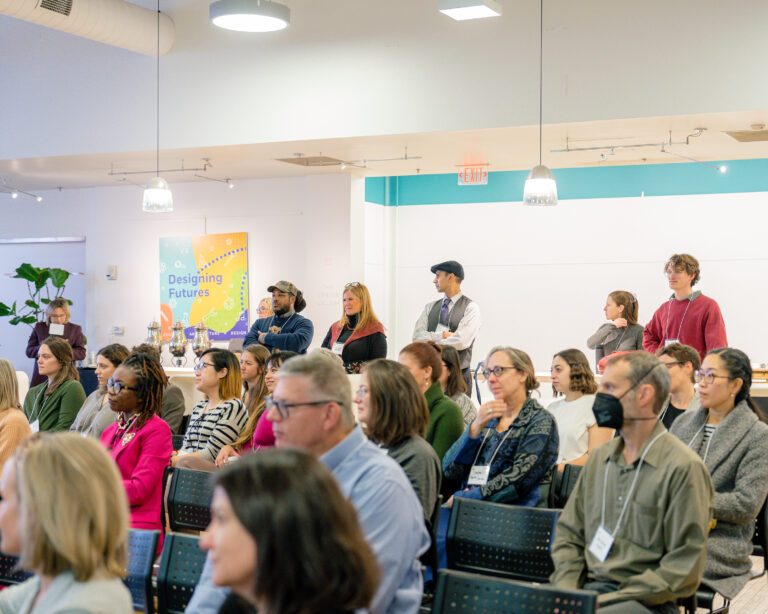Ask Patty: Aligning Process and Purpose (January 2018)
Dear Patty,
I am a young professional in the nonprofit sector with a Master’s of Art in Leadership and Management. I recently discovered my passion for training and facilitation and I am considering consulting in the area of learning and education, intercultural leadership, and multicultural team development. As part of my business-development process I am wondering: What are some things you wish you knew when starting a consulting business?
Sincerely,
Curious Christine
Dear Christine,
As they say, hindsight is 20–20, so it is easier to see what “you should have known” after you have gone through it and learned from the experience. The curious thing is, many of these insights are only gained through your own trial-and-error. Not only because there is no ONE formula for success but also because only by going through the process will you discover your own strengths and weaknesses.
Having said that, there are four valuable things I have learned from starting my own business, which would have been helpful to have in mind when I was first venturing on this journey.
1. Working with a diverse and dedicated group of people contributes to success and sustainability
I am lucky to have found a group of people who are as hardworking and passionate as I am with whom to start a business. Our collective professional strengths enable us to offer a unique value proposition, which is a sum of very different professional and personal skills we could not amass individually. Having different ways to approach the work also challenges us to practice the skills of open communication, conflict resolution and participatory decision-making within our own organization, which leads to growth and helpful, tangible case-studies we can use with clients.
2. Taking time to work on the process (rather than the product) pays off
#1 on this list goes hand in hand with #2. Diversity in a group also means differing viewpoints and expectations. It is tempting for all organizations to focus on delivering services often at the expense of their own internal professional growth and development. Time and resources are limited, so it is tempting to forsake touching base with each other at regular intervals and addressing challenges or conflict. Believe me, taking the time to work on these things and improving team dynamics is a need not a luxury. As a professional coach once told me “slow down to speed up.” When better processes are developed not only does morale and internal buy-in improve, but productivity and creativity increase.
3. Developing systems staves off miscommunication and improves efficiency
Similar to #2, spending time and standardizing some of the menial tasks — from time sheets to financial tracking to communication protocols — may seem like busy-work, but it makes your life easier in the long-run. Even if you are working as an individual, these systems will make your life easier once you get really busy and have a lot of work and clients to juggle!
4. Meaningful networking is key to getting started and growing
I want to emphasize the word meaningful in networking, because I do not believe in developing relationships with people in a purely transactional manner. Meaningful relationships are authentic and heartfelt and provide both people with value and enrichment. It is important to nurture your professional relationships in a similar way that you nurture your personal ones…reaching out to people because you care about them and when you can help them (not just because you hope to get something out of the relationship). The professional relationships we have nurtured over the past decade are the ones that have led to most of our client work. In fact, our biggest contract to date, came in because someone who knew one of us recommended that we be invited to apply to a RFP. If just hearing the word “networking” makes you shiver, you may want to check out these articles based on Adam Grant’s research : Secrets to Successful Networking and why Networking is Overrated.
I hope these insights are helpful and best of luck in your endeavors!
Patty
This column offers tips and tools for building democratic workplaces, improving workplace culture & communication, and aligning how we do our work (process) with why we do our work (purpose). Patty is a fictional adjunct of The Blue Door Group, LLC — a real Philadelphia-based consulting firm focused on designing and teaching participatory process for learning, dialogue, and capacity-building. Do you have a question for Patty? Send it to info@bluedoorgroup.net and put “Ask Patty” in the subject line




